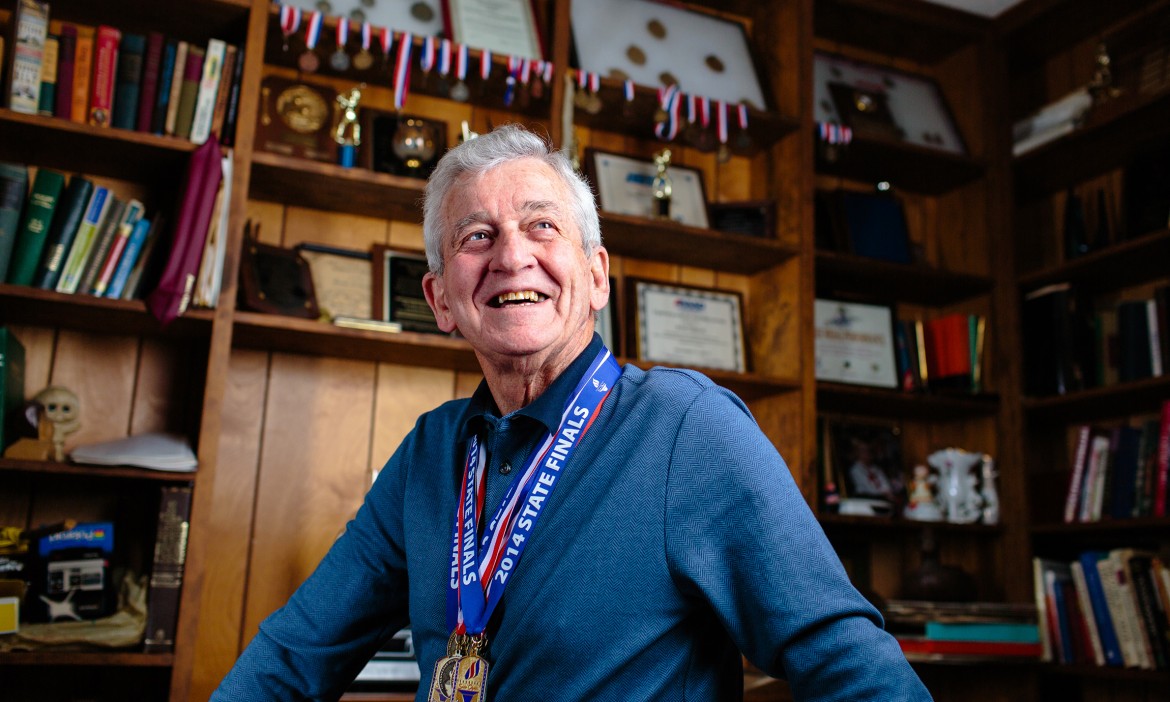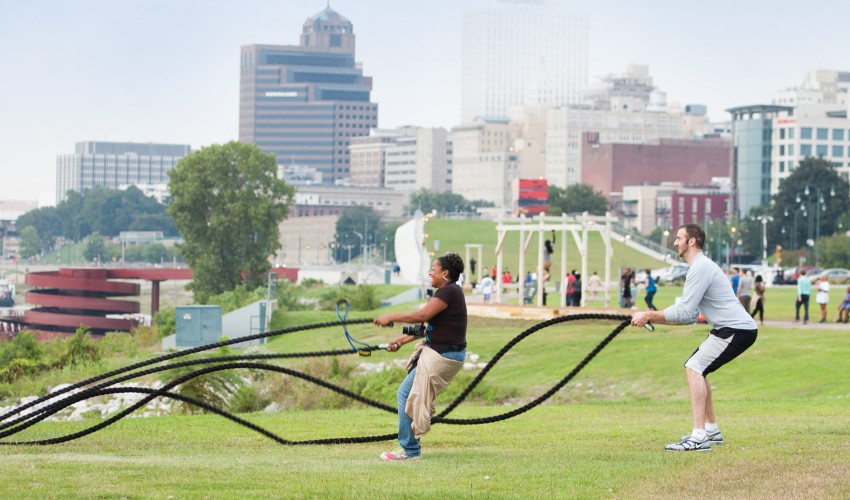Sam Tomlin didn’t realize it at the time, but as a kid growing up on a West Tennessee farm he was training to be an Olympian.
“We would go swimming in the creek every day at noon,” he remembers. “Then we’d go to work. So I learned how to swim at nine years old. But I didn’t compete until I was 57.”
At 85, the retired social worker now lives in Telford, Tennessee, and has a collection of local, state and national medals for swimming.
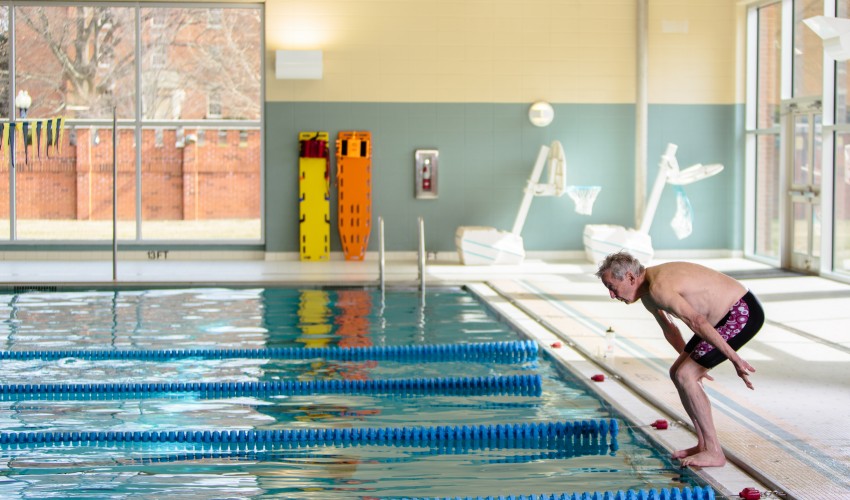
He has competed every year for the past 28 years — and it all happened because a young woman he knew started working as a coordinator for the Tennessee Senior Olympics and suggested he try out.
Tomlin liked the idea, and when he mentioned that he used to be a pretty good swimmer, his friend let him know that the local swimming competition was taking place the next day.
Nobody in his age group was competing, so all he had to do was swim two lengths of a 50-foot pool and he’d get a gold medal.
Despite the one-day notice, Tomlin easily swam the two lengths, which not only earned him a medal, but also earned him a spot in the state competition three months later.
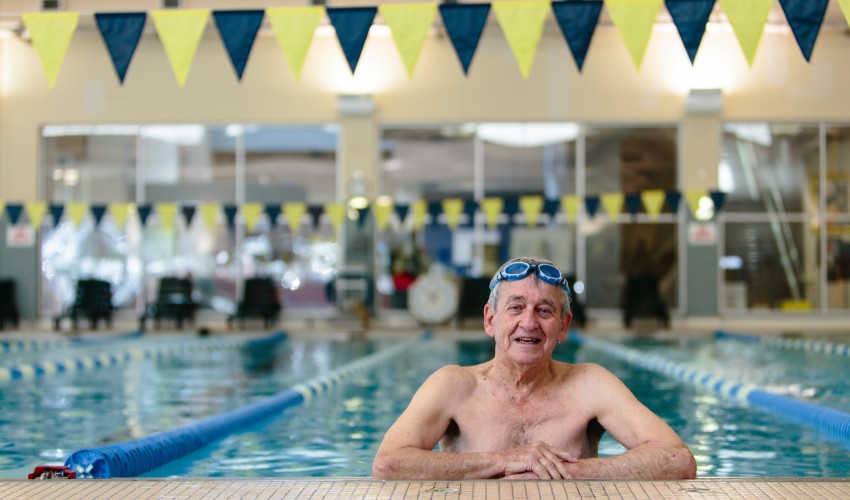
Athletes of the ages
Tomlin was one of the earliest Senior Olympics competitors when he started in 1987, and has seen it grow increasingly popular over the years.
There were just 300 participants when it debuted in Tennessee in 1981, and now nearly 4,000 seniors participate statewide.
“I learned how to swim at nine years old. But I didn’t compete until I was 57.”
Held every two years, the National Senior Games will have 12,000 competitors this year, and Tomlin could be one of them.
Though he faced little competition early on, that’s not true these days.
“Somebody better is always coming along,” he says.
So he trains at the East Tennessee State University pool twice a week.
“The competition is incentive to work out,” he says.
“You don’t want to make a fool out of yourself, and that’s one good reason to stay in good physical condition.”
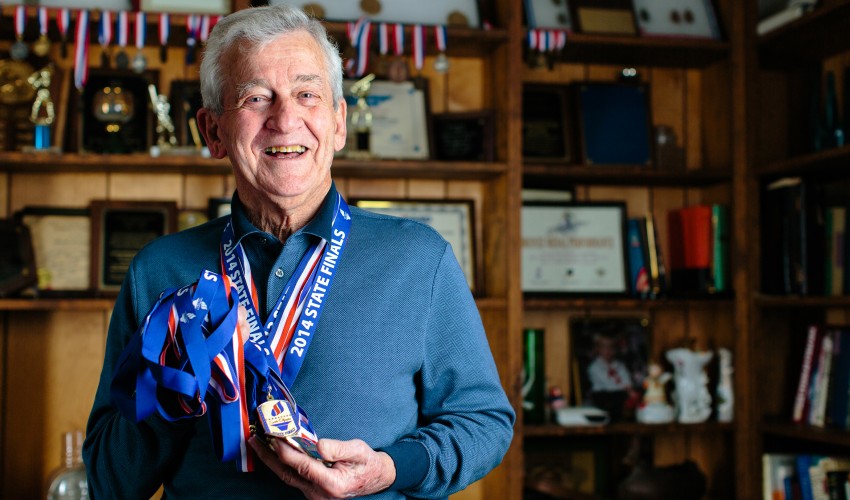
Sam has competed every year for the past 28 years.


